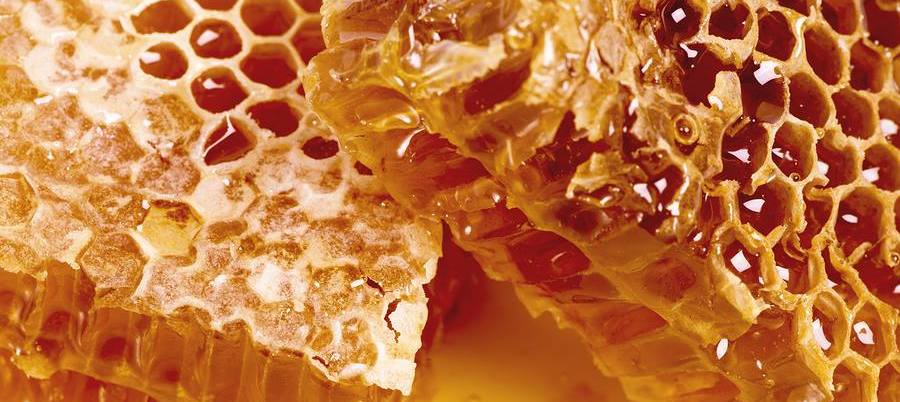Black Friday Revisited
Posted on 10th December 2015 at 22:18
As my regular followers know one day in June 2015 I visited an apiary only to find twenty hives dead and a few others dying. It was the day of my annual health check with my Seasonal Bee Inspector.
As my regular followers know one day in June 2015 I visited an apiary only to find twenty hives dead and a few others dying. It was the day of my annual health check with my Seasonal Bee Inspector. We bagged up samples of the dead bees and off they went for analysis. Since that day I have had an investigator from the Natural England interview me to understand the story. She told me process would be that the Bee Unit of APHA would analyse the dead bee samples and inform Natural England of their findings. Natural England would then send their investigator to find the source of the toxin.
What's Happened?
Not much on the investigation front. I am still waiting to be informed the investor have their information which will allow them to pursue the investigation. APHA, like all other government departments, is suffering due to cuts in central government funding. I suspect too much time has elapsed to pick up the trail should the bees be analysed
.


So what did I do?
I started a crowd funding project to replace the lost colonies. I set a modest target and the fairly short time scale. I needed to get bees back in the apiary whist there was still some of the season available. Forty people backed my project. They donated from as far away as Canada & France but mainly from the UK. Whilst the campaign was running I was checking out sources of colonies. I also registered as a swarm collector for the local area. The project ran its course and in the fullness of time to funds, less fess, was deposited into my bank.
Bees were in high demand in the summer of 2015 which means the price was high and folks were snapping them up. I came across a young fellow that was going to University and needed to "cash in" his bees. He had thought long and hard about keeping the bees but saw it was not a viable option to keep them when he was living over a hundred miles away. A couple of folks had let him down. We struck a deal and I went off to collect the bees the next day. The bees were living in a huge paddock on the side of a small village. It was a warm evening. The bees were in no hurry to return to the hive and stay in it. As the night gathered and the Bats began to dart about we decided to lock up the bees and load them on the trailer. I dropped the bees at my quarantine apiary that night and opened the hive entrances. The bees went on to do quite well in the remaining part of the summer. I thought it fitting that the monies that folks had so generously donated went on to provide me with replacement colonies but also, in a small way, helped a young fellow on his way.
I was inundated with calls to collect swarms. A few, like the picture on the left, were beautiful prime swarms but most were casts (small secondary swarms). Between buying in colonies, collecting swarms and my own swarm management I manged to get back to and surpass the number of active colonies. 2015 will be seen as a tricky year for beekeeping but that's another story for another time.
Check out my shop. Click HERE There are lots of goodies, as well as honey, to help me continue to help the bees.
Share this post:







